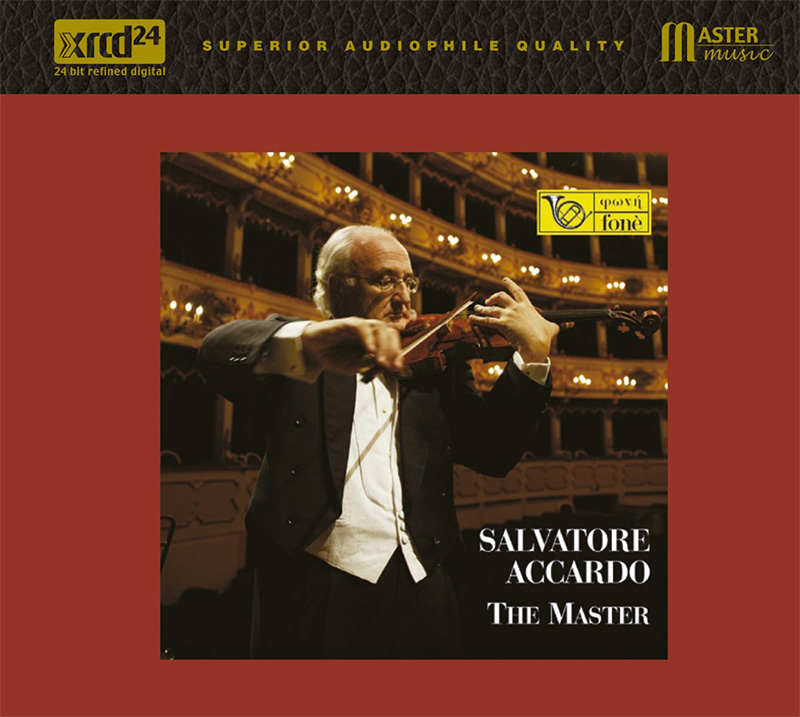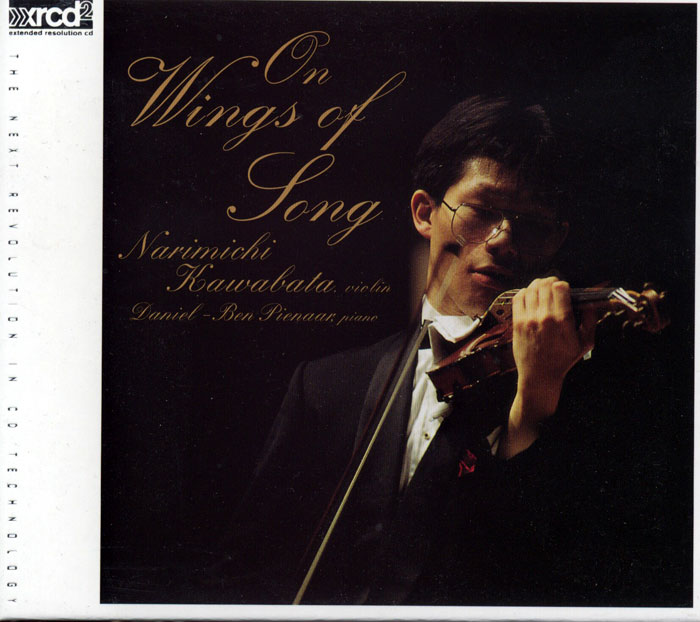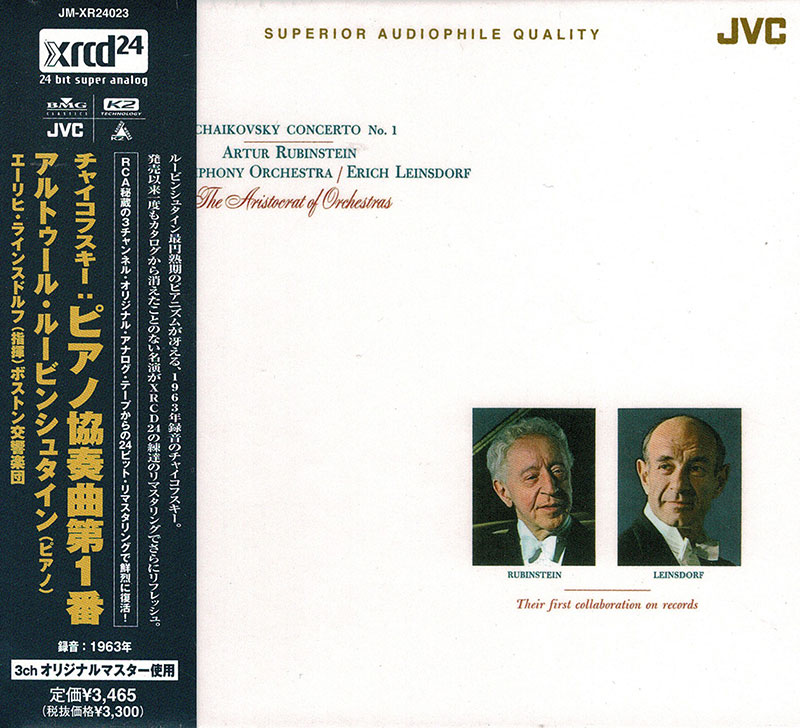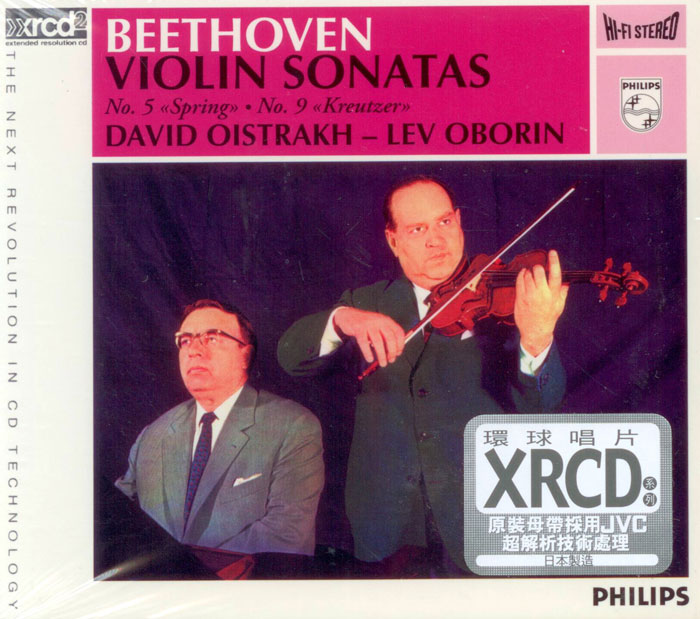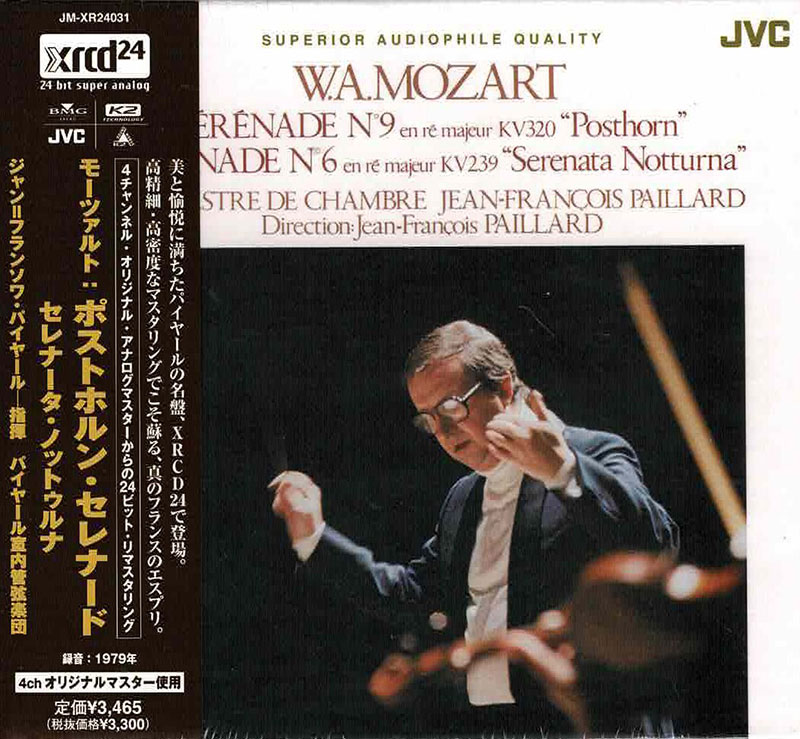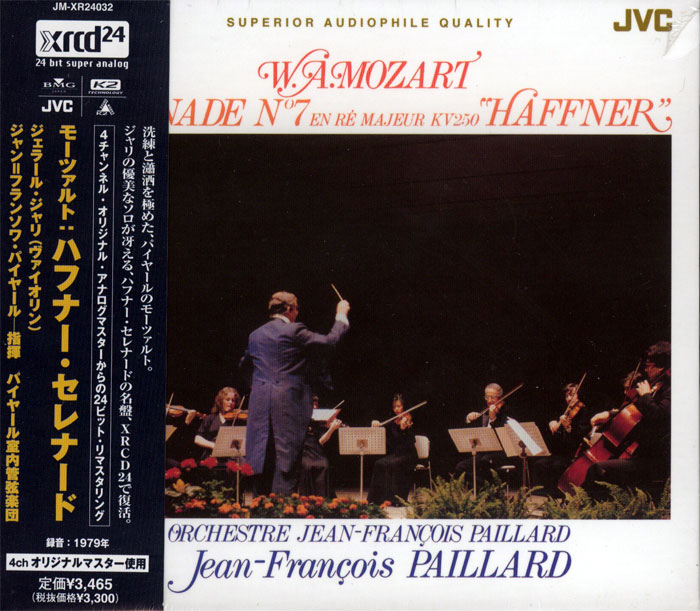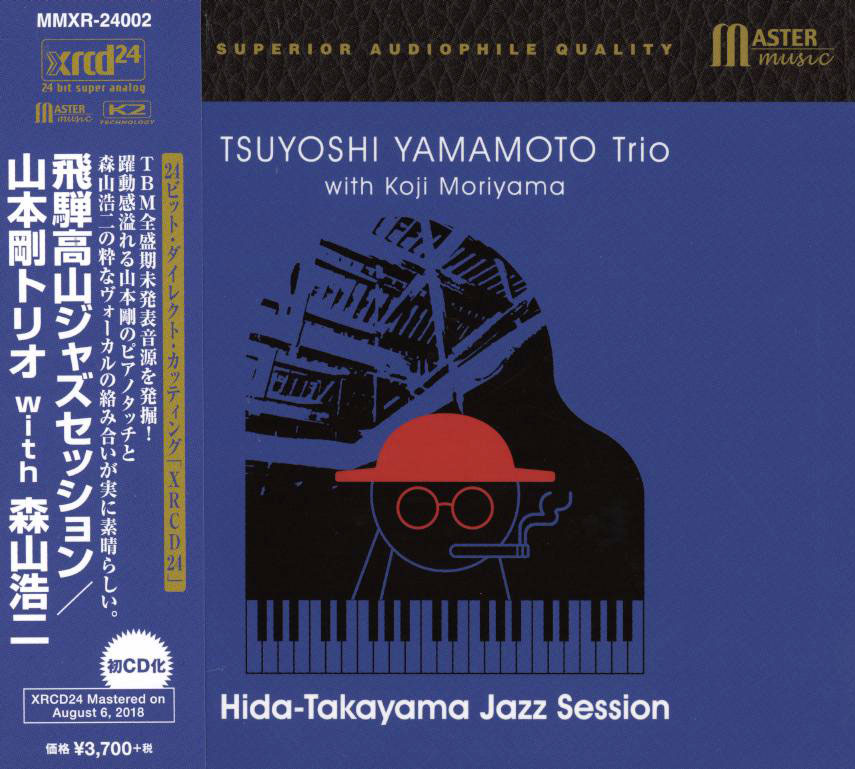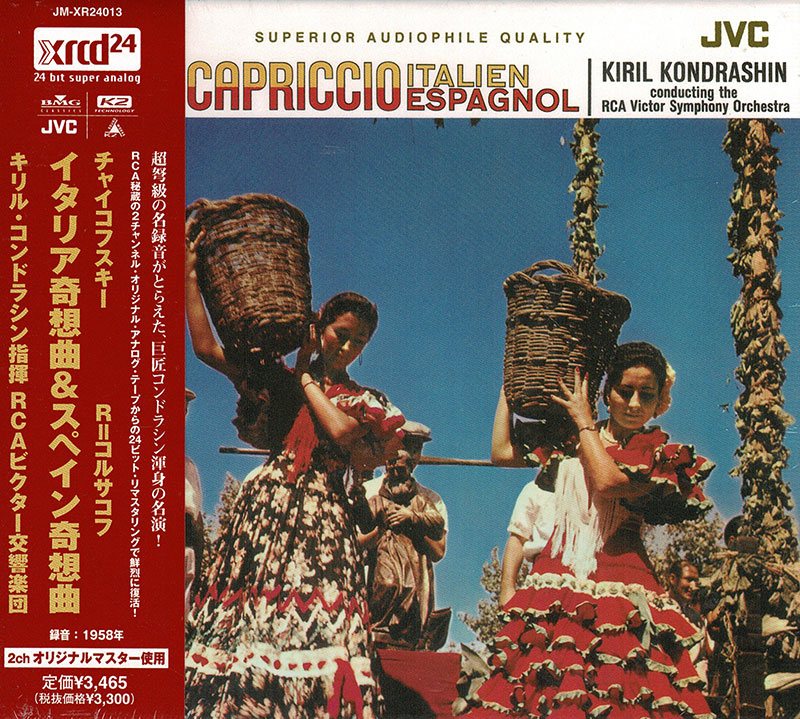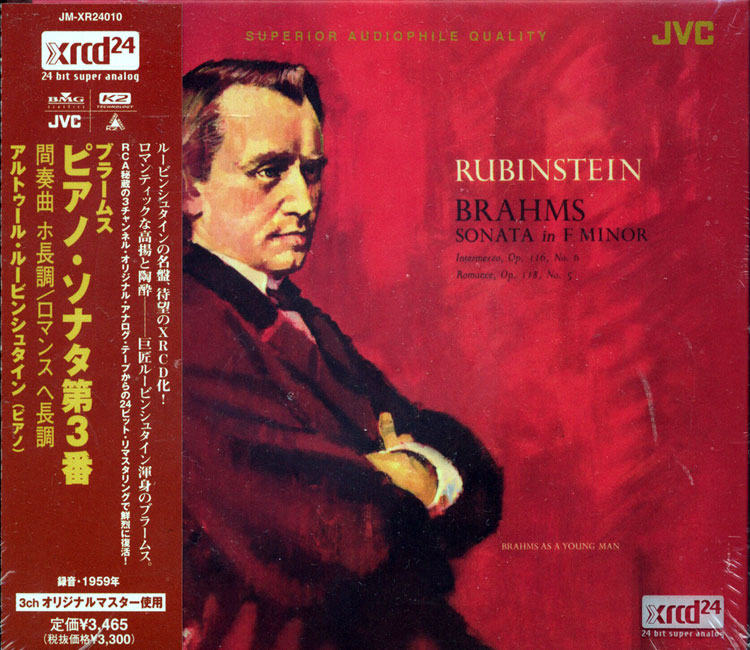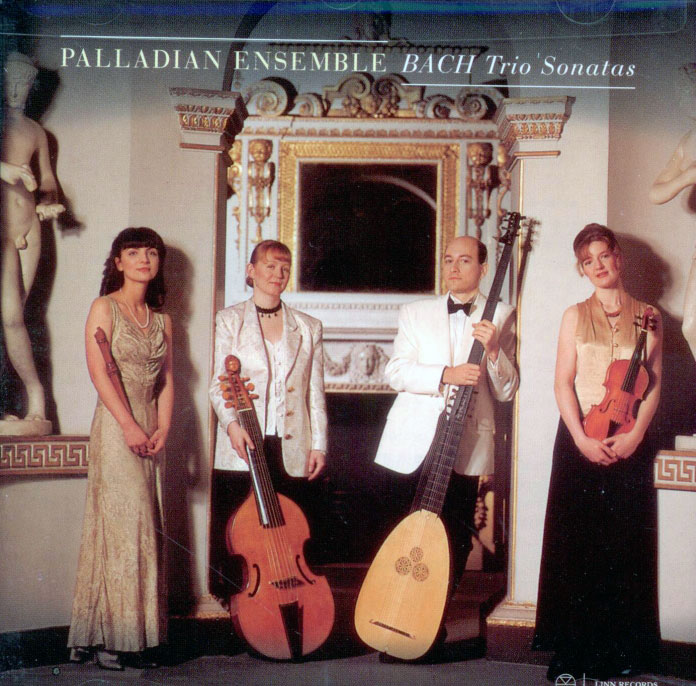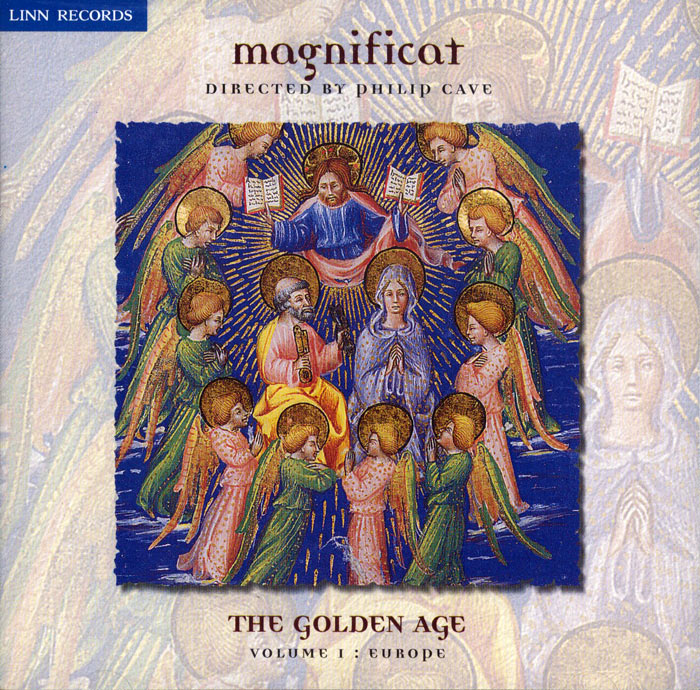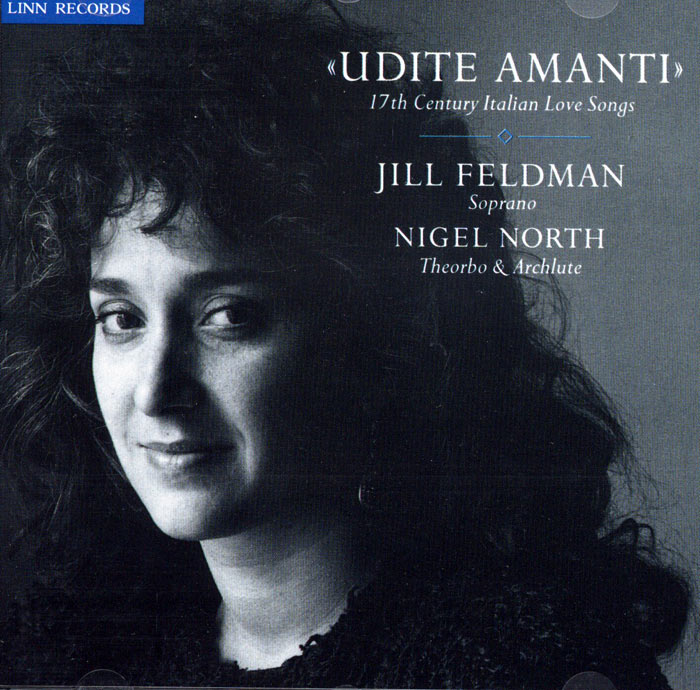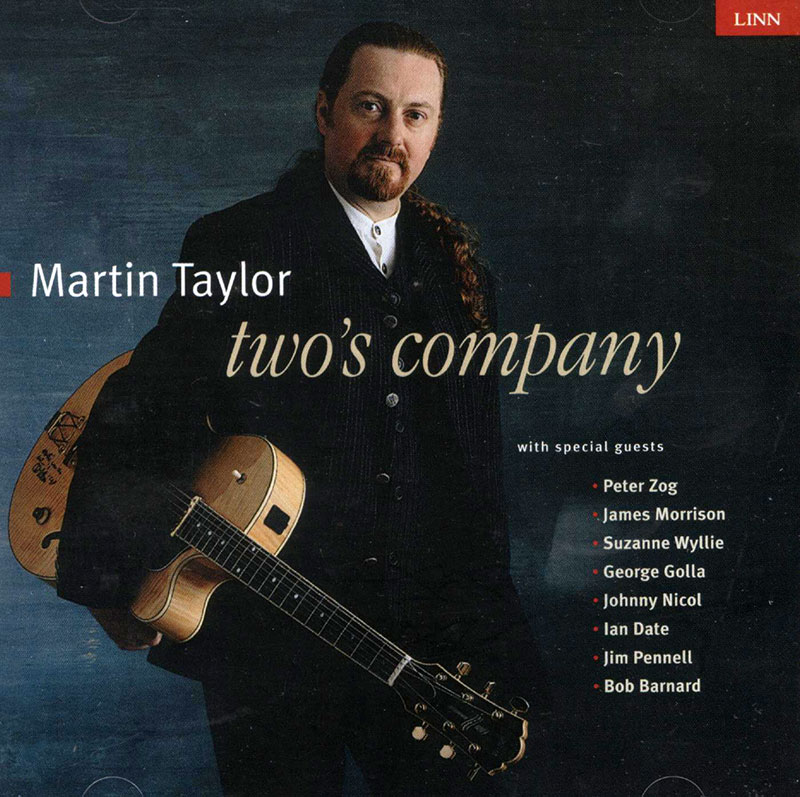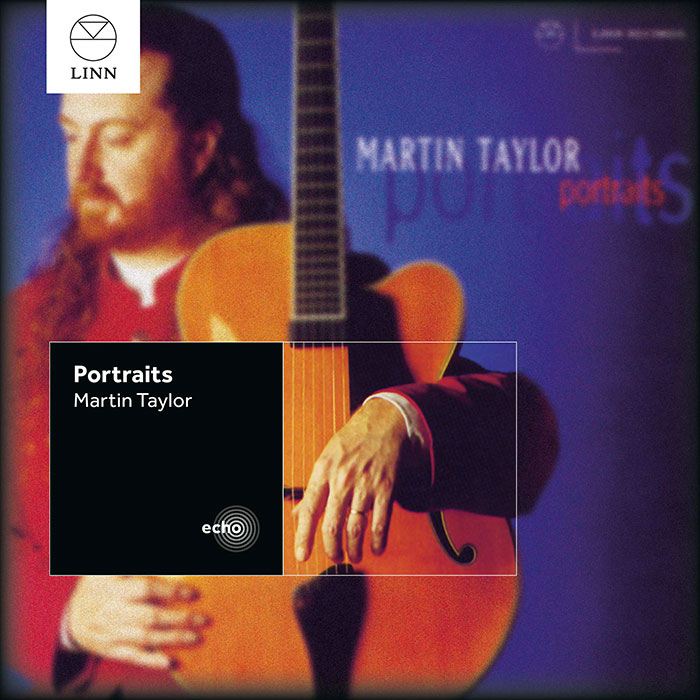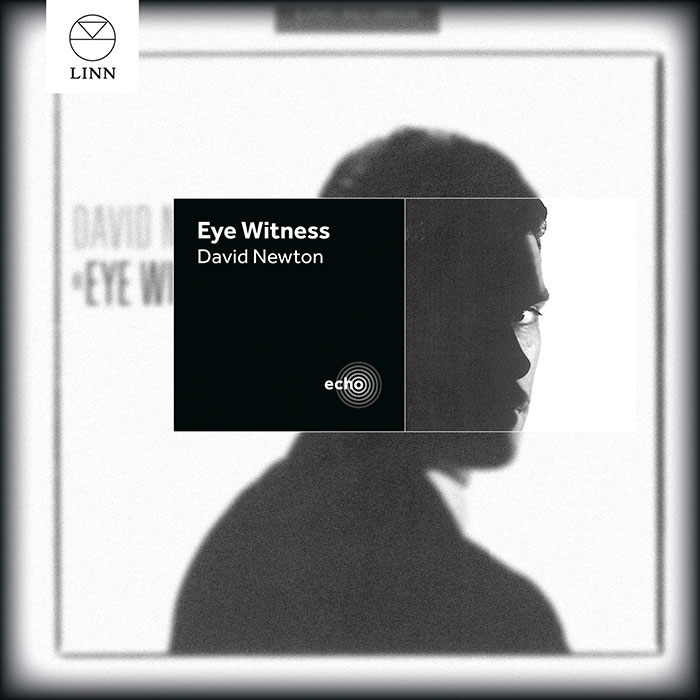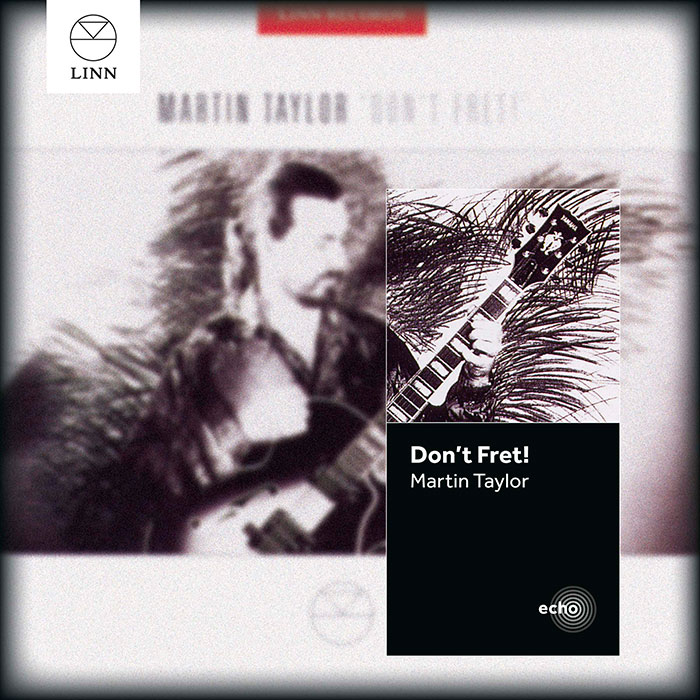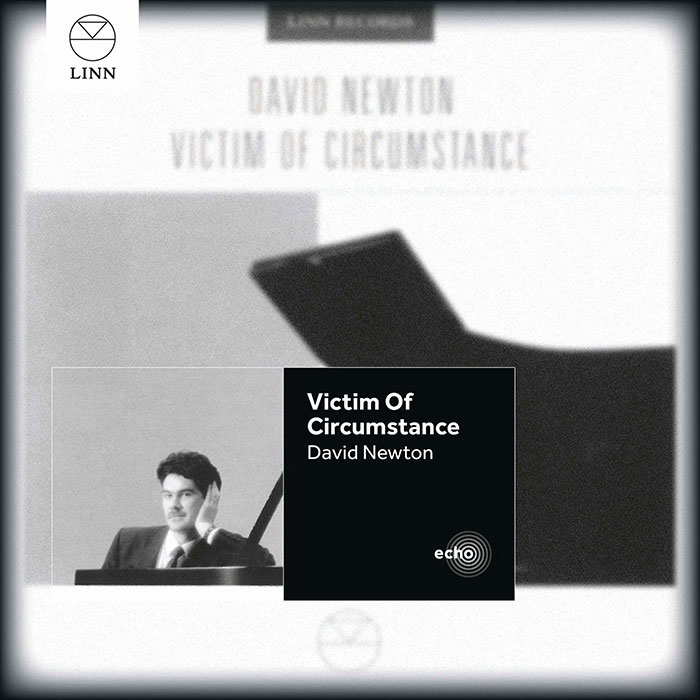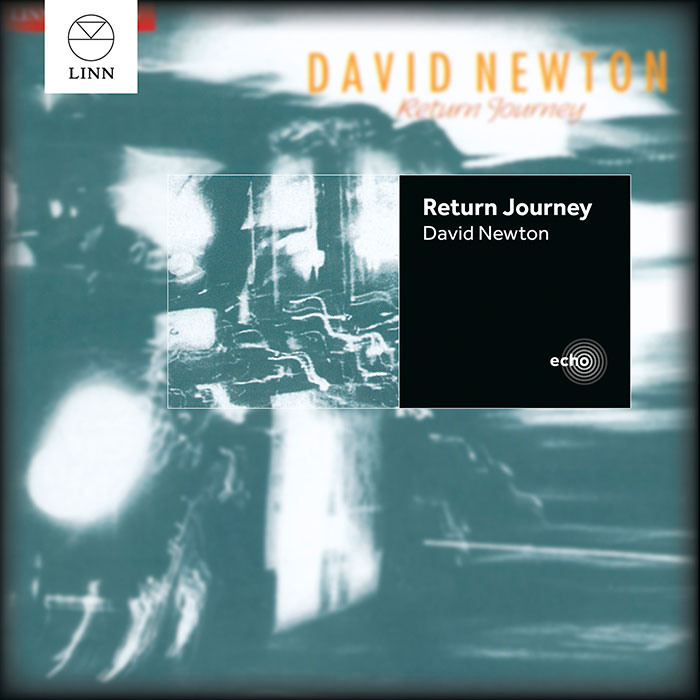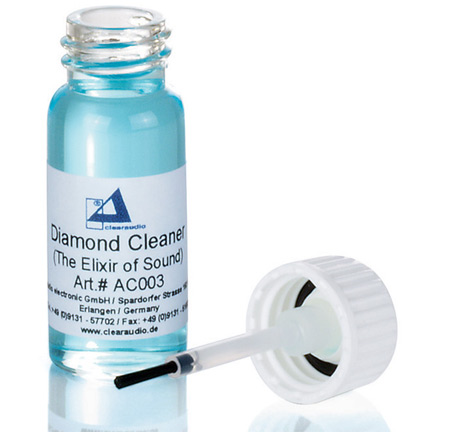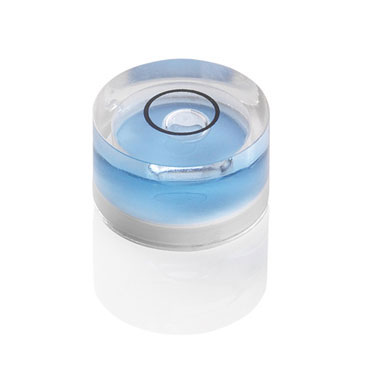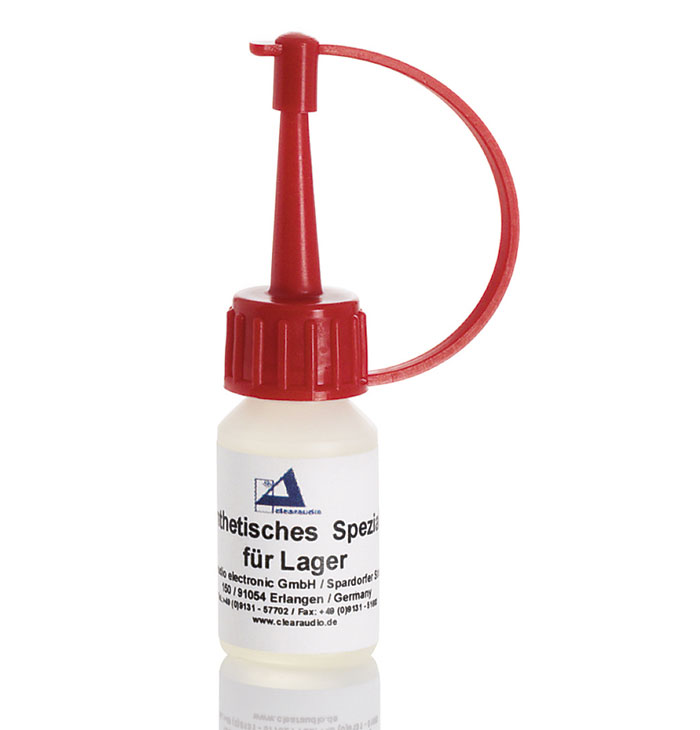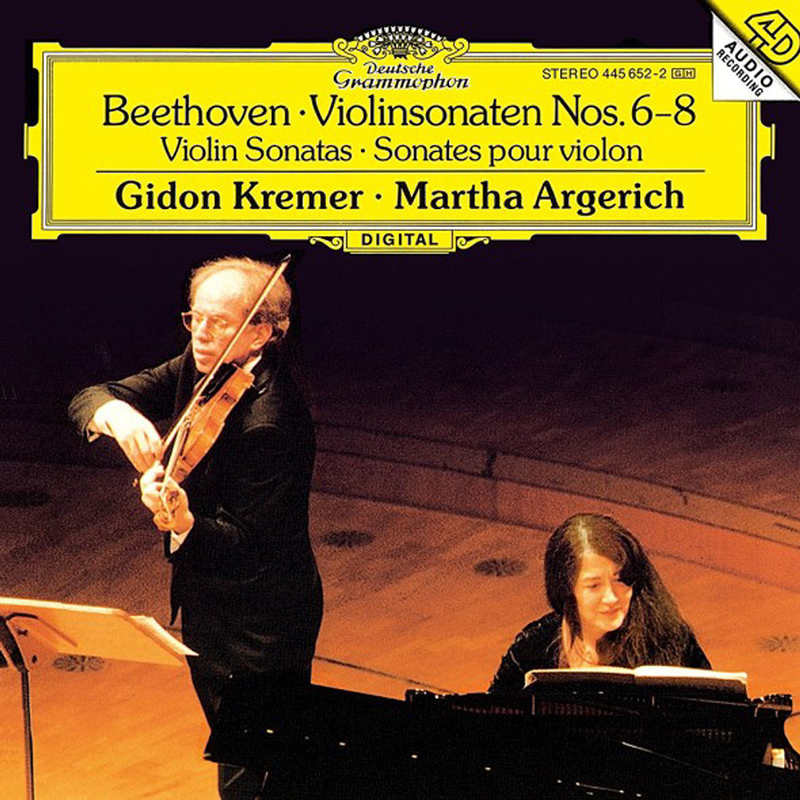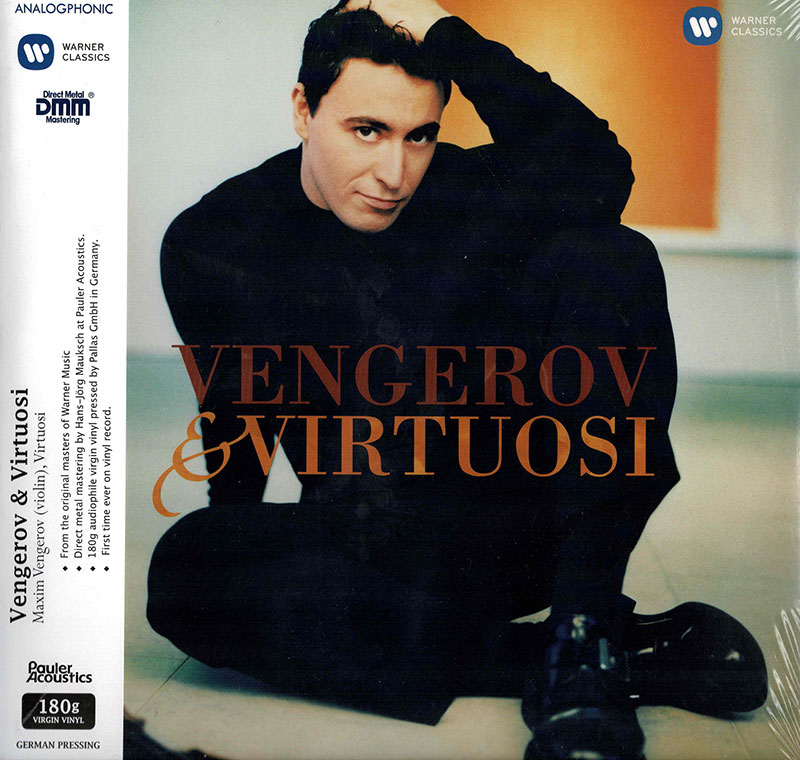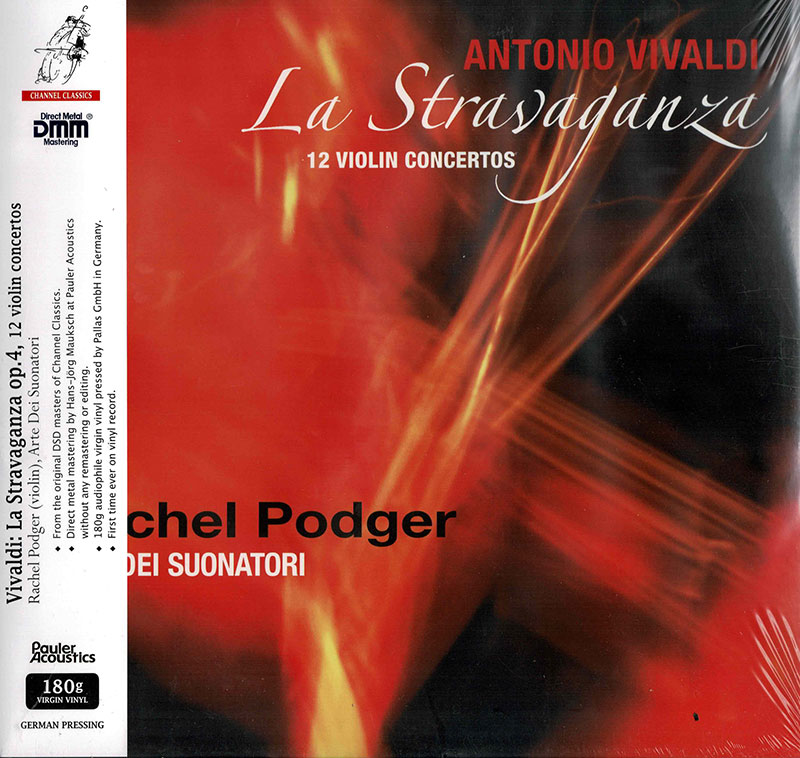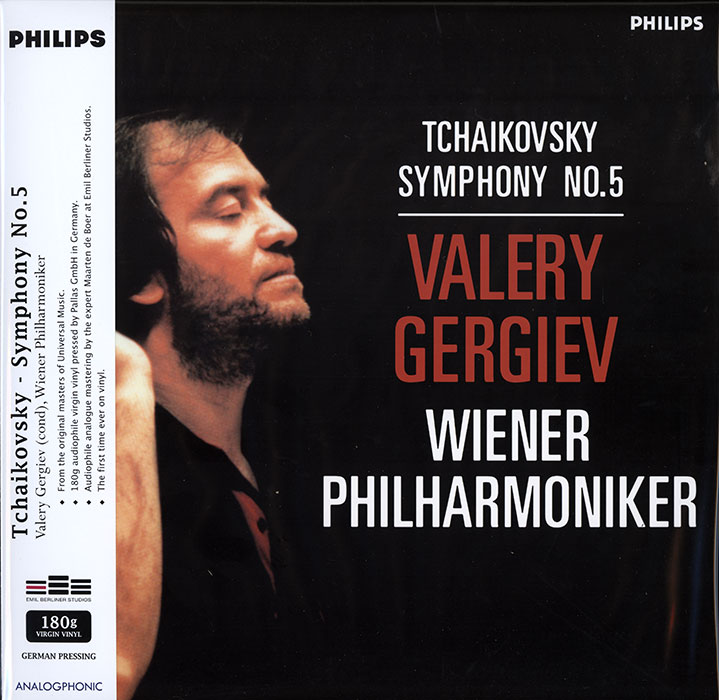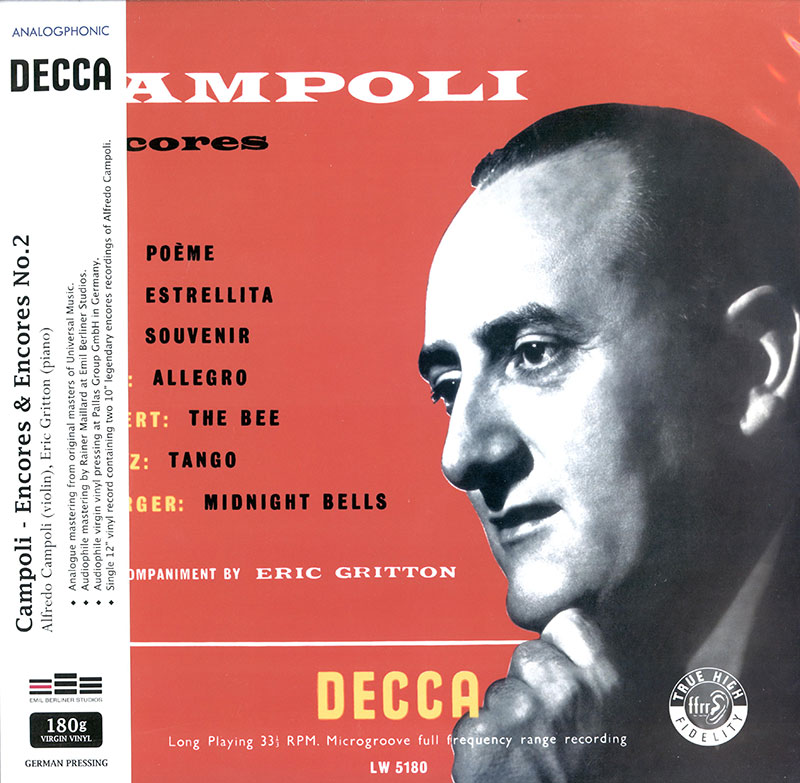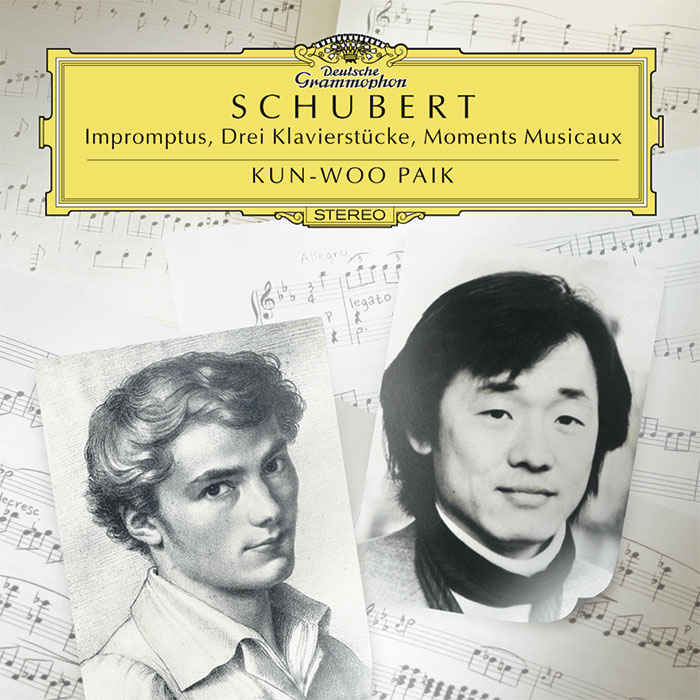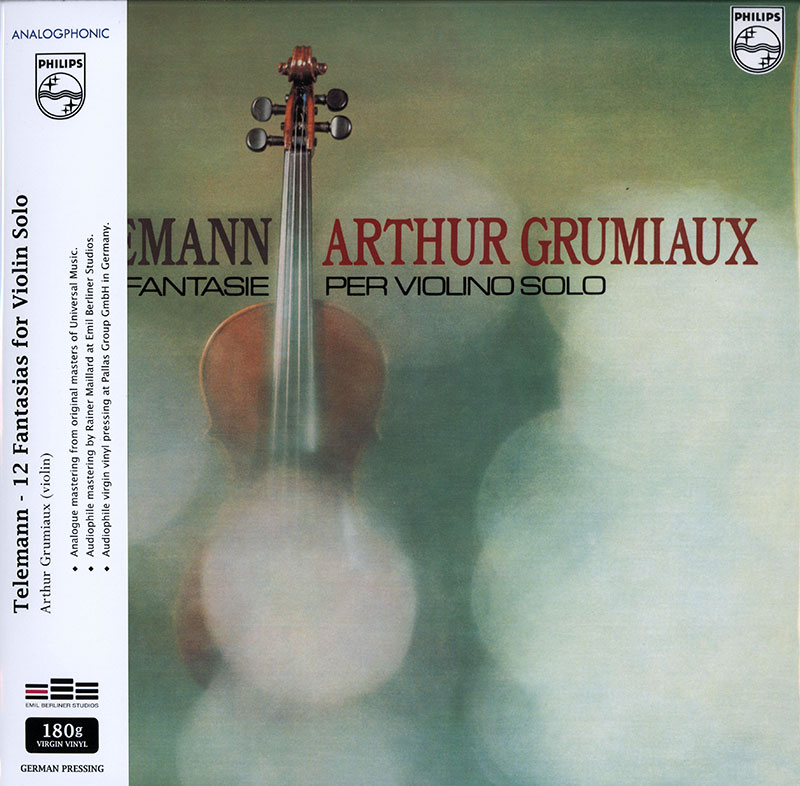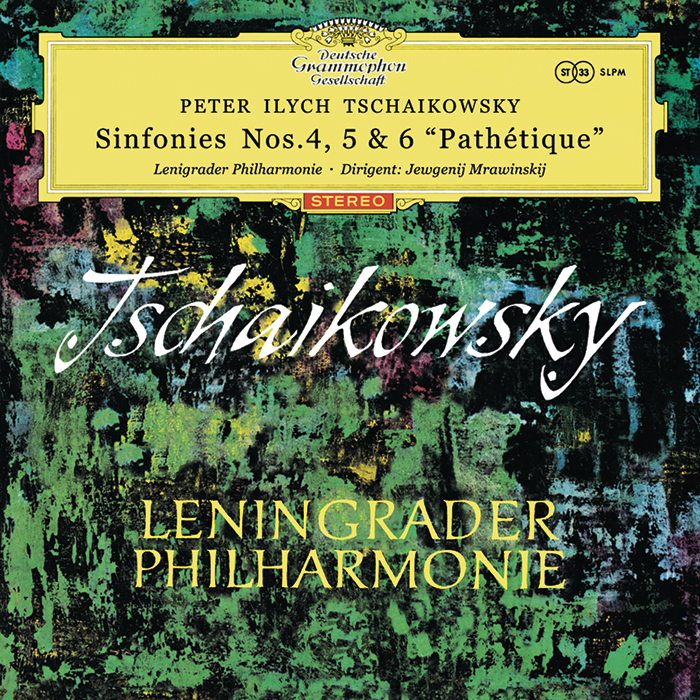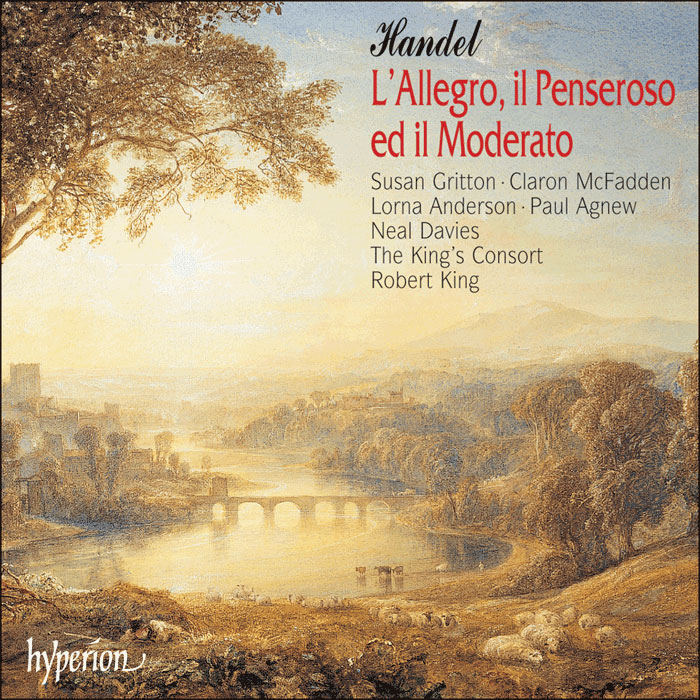Logowanie
Najbardziej analogowe brzmienie na CD - XRCD!
TCHAIKOVSKY, Arthur Rubinstein, Erich Leinsdorf, Boston Symphony Orchestra
Piano Concerto No. 1
KWINTESENCJA BRZMIENIA ANALOGOWEGO
MOZART, Jean-Francois Paillard, Jean-Francois Paillard Chamber Orchestra
Serenade No. 7 'Haffner'
KWINTESENCJA BRZMIENIA ANALOGOWEGO
BRAHMS, Arthur Rubinstein
Piano Sonata No.3 in F Minor, Op.5 / Intermezzo in E, Op.116, No.6 / Romance in F, Op.118, No.5
KWINTESENCJA BRZMIENIA ANALOGOWEGO
LINN Records - Delikatesy!
Winylowy niezbędnik
ClearAudio
Elixir of Sound
Nowa, jeszcze bardziej skuteczna receptura! Najlepszy na rynku płyn do igieł gramofonowych
ClearAudio
Poziomica gramofonowa - Dosenlibelle - Precision Bubble Level
Pierwszy i najważniejszy przyrząd do właściwej regulacji toru gramofonowego.
Osobowości
TCHAIKOVSKY, Evgeny Mravinsky, Leningrad Philharmonic Orchestra
Synfonies 4-6
Nagranie EKSTREMALNIE audiofilskie
HANDEL, The King's Consort, Robert King
L'Allegro, il Penseroso
- CD1
- 1 Concerto Grosso in D minor, Op 6 No 10 [5:08]
- L'Allegro, il Penseroso ed il Moderato
- 2 Part 1 No 01. Accompagnato: Hence, loathed melancholy (L'Allegro} [3:14]
- Paul Agnew (tenor)
- 3 Part 1 No 02. Accompagnato: Hence, vain deluding joys (Il Penseroso) [0:57]
- Susan Gritton (soprano)
- 4 Part 1 No 03. Air: Come, thou goddess fair and free (L'Allegro) [1:30]
- Claron McFadden (soprano)
- 5 Part 1 No 04. Air: Come rather, goddess, sage and holy (Il Penseroso) [3:33]
- Susan Gritton (soprano)
- 6 Part 1 No 05. Air with chorus: Haste thee, nymph, and bring with thee (L'Allegro) [2:22]
- Paul Agnew (tenor), King's Consort Choir
- 7 Part 1 No 06. Air with chorus: Come and trip it as you go (L'Allegro) [2:47]
- Paul Agnew (tenor), King's Consort Choir
- 8 Part 1 No 07. Accompagnato: Come, pensive nun, devout and pure (Il Penseroso) [1:09]
- Susan Gritton (soprano)
- 9 Part 1 No 08. Air: Come, but keep thy wonted state (Il Penseroso) [1:40]
- Susan Gritton (soprano)
- 10 Part 1 No 09. Accompagnato with chorus: There, held in holy passion still (Il Penseroso) [4:49]
- Lorna Anderson (soprano), King's Consort Choir
- 11 Part 1 No 10. Recitative: Hence, loathed Melancholy! (L'Allegro) [0:29]
- Paul Agnew (tenor), Claron McFadden (soprano)
- 12 Part 1 No 11. Air: Mirth, admit me of thy crew (L'Allegro) [3:39]
- Claron McFadden (soprano)
- 13 Part 1 No 12. Accompagnato: First and chief, on golden wing (Il Penseroso) [0:49]
- Lorna Anderson (soprano)
- 14 Part 1 No 13. Air: Sweet bird, that shun'st the noise of Folly (Il Penseroso) [14:35]
- Lorna Anderson (soprano), Rachel Brown (flute)
- 15 Part 1 No 14. Recitative: If I give thee honour due (L'Allegro) [0:10]
- Neal Davies (bass)
- 16 Part 1 No 15. Air: Mirth, admit me of thy crew (L'Allegro) [2:35]
- Neal Davies (bass), Andrew Clark (horn)
- 17 Part 1 No 16. Air: Oft on a plat of rising ground (Il Penseroso) [4:02]
- Susan Gritton (soprano)
- 18 Part 1 No 17. Air: Far from all resort of mirth (Il Penseroso) [3:36]
- Susan Gritton (soprano)
- 19 Part 1 No 18. Recitative: If I give thee honour due (L'Allegro) [0:15]
- Paul Agnew (tenor)
- 20 Part 1 No 19. Air: Let me wander not unseen (L'Allegro) [2:23]
- Paul Agnew (tenor)
- 21 Part 1 No 20. Air: Straight mine eye hath caught new pleasures (L'Allegro) [2:28]
- Claron McFadden (soprano)
- 22 Part 1 No 21. Accompagnato: Mountains, on whose barren breast (L'Allegro) [1:46]
- Neal Davies (bass)
- 23 Part 1 No 22. Air with chorus: Or let the merry bells ring round (L'Allegro) [4:40]
- Claron McFadden (soprano), King's Consort Choir
- CD2 1 Part 2 No 01. Accompagnato: Hence, vain deluding Joys (Il Penseroso) [1:16]
- Lorna Anderson (soprano)
- 2 Part 2 No 02. Air: Sometimes let gorgeous tragedy (Il Penseroso) [4:01]
- Lorna Anderson (soprano)
- 3 Part 2 No 03. Air: But O, sad virgin, that thy pow'r (Il Penseroso) [6:49]
- Susan Gritton (soprano), Jane Coe (cello)
- 4 Part 2 No 04. Air: Thus, Night, oft see me in thy pale career (Il Penseroso) [0:19]
- Susan Gritton (soprano)
- 5 Part 2 No 05. Chorus: Populous cities please me then (L'Allegro) [3:31]
- King's Consort Choir, Neal Davies (bass)
- 6 Part 2 No 06. Air: There ley Hymen oft appear (L'Allegro) [2:08]
- Paul Agnew (tenor)
- 7 Part 2 No 07. Accompagnato: Me, when the sun begins to fling (Il Penseroso) [0:49]
- Lorna Anderson (soprano)
- 8 Part 2 No 08. Air: Hide me from Day's garish eye (Il Penseroso) [3:27]
- Lorna Anderson (soprano)
- 9 Part 2 No 09. Air: I'll to the well-trod stage anon (L'Allegro) [2:00]
- Paul Agnew (tenor)
- 10 Part 2 No 10. Air: And ever against eating cares (L'Allegro) [2:51]
- Claron McFadden (soprano)
- 11 Part 2 No 11. Air: Orpheus' self may heave his head (L'Allegro) [2:30]
- Claron McFadden (soprano)
- 12 Part 2 No 12. Air with chorus: These delights if thou canst give (L'Allegro) [3:16]
- Paul Agnew (tenor), King's Consort Choir
- 13 Part 2 No 13. Recitative: But let my due feet never fail (Il Penseroso) [0:39]
- Susan Gritton (soprano)
- 14 Part 2 No 14. Chorus: There let the pealing organ blow (Il Penseroso) [2:21]
- King's Consort Choir, Susan Gritton (soprano)
- 15 Part 2 No 15. Air: May at last my weary age (Il Penseroso) [4:07]
- Susan Gritton (soprano)
- 16 Part 2 No 16. Fugue: Organo ad libitum il soggetto della fuga seguente [1:18]
- Gary Cooper (organ)
- 17 Part 2 No 17. Chorus: These pleasures, Melancholy, give (Il Penseroso) [5:06]
- King's Consort Choir, Susan Gritton (soprano)
- 18 Part 3 No 1. Accompagnato: Hence! boast not, ye profane (Il Moderato) [0:32]
- Neal Davies (bass)
- 19 Part 3 No 2. Air: Come, with native lustre shine (Il Moderato) [3:16]
- Neal Davies (bass)
- 20 Part 3 No 3. Accompagnato with chorus: Sweet Temp'rance in thy right hand bear (Il Moderato) [2:47]
- Neal Davies (bass), King's Consort Choir
- 21 Part 3 No 4. Air: Come, with gentle hand restrain (Il Moderato) [1:45]
- Claron McFadden (soprano)
- 22 Part 3 No 5. Recitative: No more short life they then will spend (Il Moderato) [0:46]
- Paul Agnew (tenor)
- 23 Part 3 No 6. Air: Each action will derive new grace (Il Moderato) [2:16]
- Paul Agnew (tenor)
- 24 Part 3 No 7. Duet: As steals the morn upon the night (Il Moderato) [7:28]
- Susan Gritton (soprano), Paul Agnew (tenor)
- 25 Part 3 No 8. Chorus: Thy pleasures, Moderation, give (Il Moderato) [3:29]
- King's Consort Choir
- The King's Consort - orchestra
- Robert King - conductor
- HANDEL
GRAMOPHONE RECORDING OF THE MONTH GRAMOPHONE CRITICS' CHOICE TIMBRE DE PLATINE (OPERA INTERNATIONAL, FRANCE) CLASSIC FM MAGAZINE BEST OF THE MONTH 'One of Handel's loveliest English works, full of the pastoral delights of Acis and Galatea and some of his most sublime vocal inspirations' (The Sunday Times) 'L'Allegro would with little doubt be one of my desert island pieces, all the most so after listening to this first truly complete recording of Handel's delectable pastotal ode. Enjoy!' (Gramophone) 'This delightful set … must surely rank as one of the discs of the year' (The Scotsman) 'Unfailingly excellent' (BBC Music Magazine) 'Robert King's affection for the work shines out from every number' (Classic CD) 'This pure Baroque beauty is a dramatic piece rich in short, tuneful airs, each more beautiful than the last. Few Handel vocal works give me such enduring pleasure' (Classic FM Magazine) 'A first rate work ... This is easily one of the best of the year and perhaps the best Handel recording of 1999' (Goldberg) -------------------------------------------- After the success of Alexander's Feast, a setting of the much admired ode by John Dryden, it was wondered: would the result be greater still if Handel could be persuaded to set the words of a poet even greater than Dryden? Such were the thoughts of an important group of Handel's friends centred around the philosopher James Harris and including Charles Jennens (later the librettist of Messiah) and the Fourth Earl of Shaftesbury. It was under their influence that Handel came to set the poetry of John Milton, first in L'Allegro, il Penseroso ed il Moderato, and later in the oratorio Samson. Jennens helped to prepare the libretto for L'Allegro, the first two parts of which are adapted from Milton's two complementary poems, L'Allegro ('The Merry Man') and Il Penseroso ('The Thoughtful Man'), respectively celebrating the different joys of two opposed personalities. The initial idea of interweaving lines from the two poems to make a text for musical setting actually came from James Harris, who also provided the first draft of the libretto. By 19 January 1740 the libretto was finished, and with Handel's enthusiasm and speed in writing the first performance took place on 27 February! There is no definitive version of the work as Handel made many changes over time. However, the intention of this perfomance is to retain the freshness of Handel's original vision with the advantage of the best of his second thoughts.
